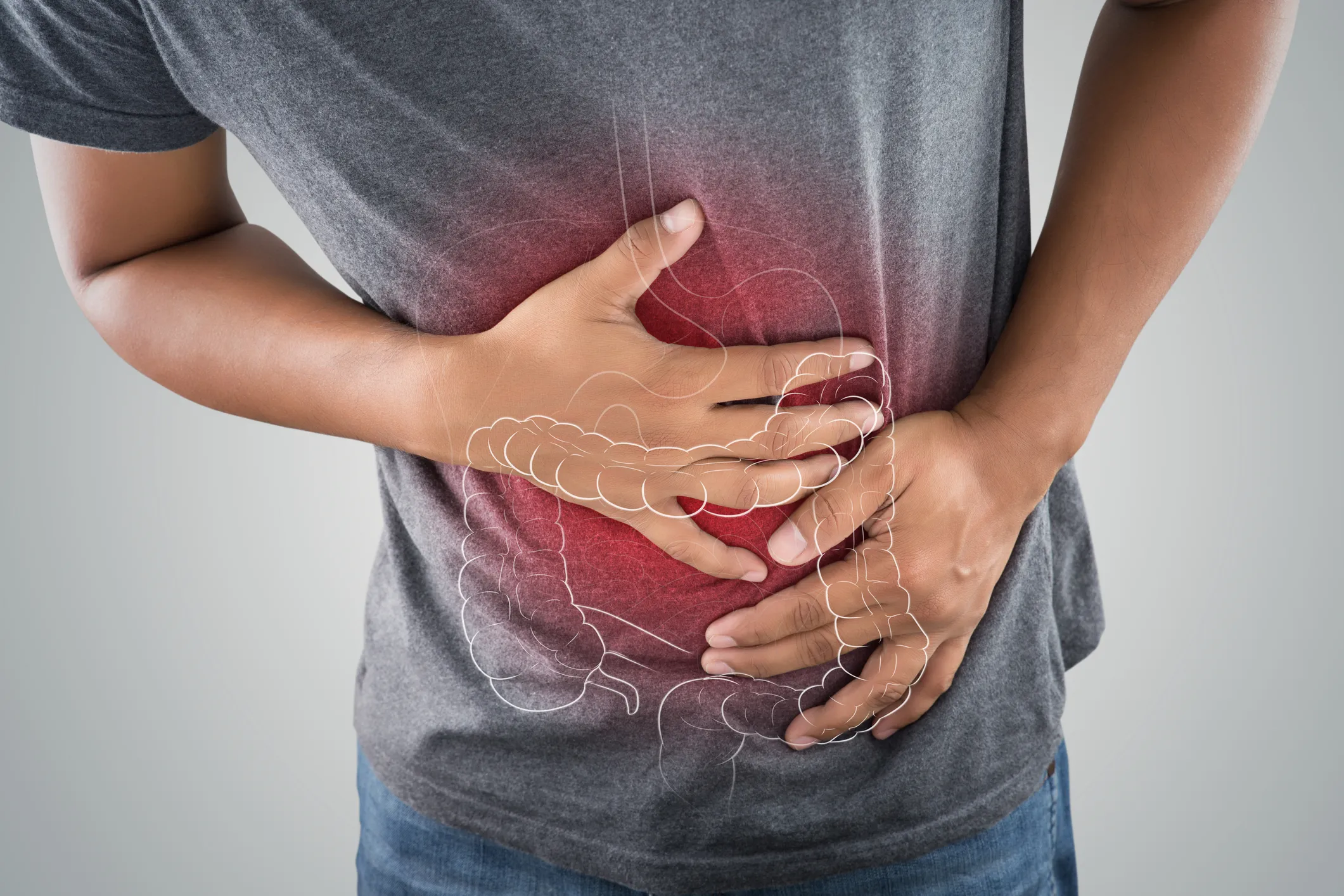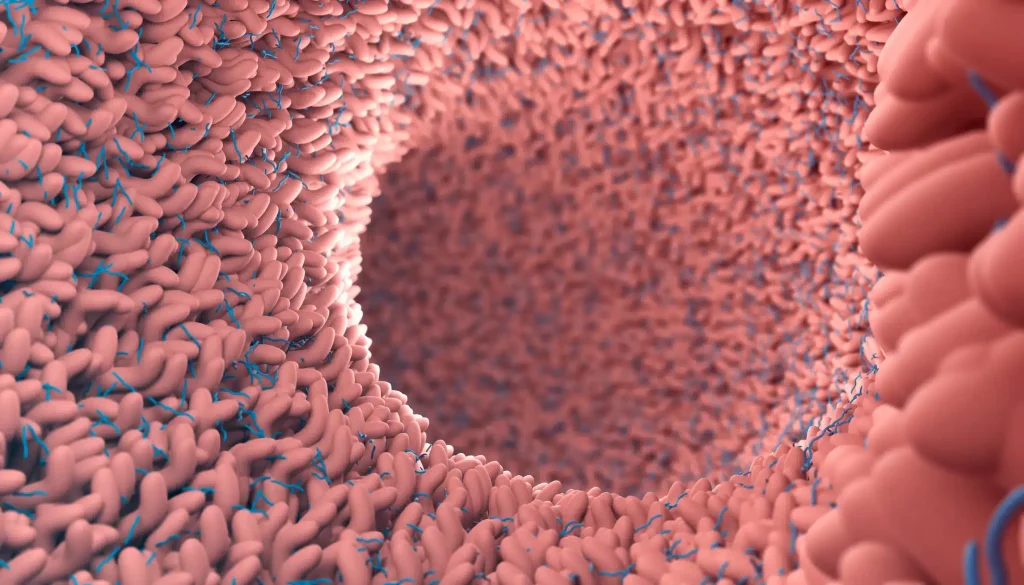What is diarrhea? Diarrhea, a common digestive issue affecting people of all ages, can be effectively managed and prevented by understanding its causes, symptoms, and treatment options. This knowledge empowers you to take control of this often uncomfortable condition.
Diarrhea Definition: What Is Diarrhea?
Diarrhea is characterized by loose, watery stools occurring more than three times in a single day. It can be acute, lasting a short period, or chronic, persisting for weeks and indicating a more serious underlying condition.
Common Causes of Diarrhea Explained
Several factors can lead to diarrhea, including:
- Infections: Viral, bacterial, or parasitic infections are common causes. For example, the norovirus or food poisoning from bacteria like E. coli can trigger acute diarrhea.
- Medications: Antibiotics and other medications can disrupt the gut flora, leading to diarrhea.
- Food Intolerances: Lactose intolerance or gluten sensitivity can cause digestive disturbances.
- Digestive Disorders: Conditions such as Irritable Bowel Syndrome (IBS), Inflammatory Bowel Disease (IBD), and Crohn’s disease often result in chronic diarrhea.
- Stress and Anxiety: Emotional stress can affect the digestive system, leading to symptoms like diarrhea.
Recognizing the Symptoms of Diarrhea
The primary symptom of diarrhea is frequent, loose, and watery stools. Other symptoms may include:
- Abdominal cramps and pain
- Bloating
- Nausea and vomiting
- Urgent need to have a bowel movement
- Dehydration, characterized by dry mouth, thirst, reduced urination, and dizziness
Different Types of Diarrhea: A Comprehensive Guide
- Acute Diarrhea: Lasts for a short duration, typically a few days. It is often caused by infections or food poisoning.
- Chronic Diarrhea: Persists for more than four weeks and may indicate an underlying health condition such as IBS or IBD.
- Traveler’s Diarrhea: Caused by consuming contaminated food or water while traveling, particularly in developing countries.
- Foodborne diarrhea from contaminated food is often linked to bacteria such as Salmonella or Campylobacter.
Effective Treatment Options for Managing Diarrhea
Treatment for diarrhea focuses on addressing the underlying cause and preventing dehydration. Here are some effective strategies:
- One of the most effective strategies for managing diarrhea is simple yet crucial: Hydration. By drinking plenty of fluids, including water, clear broths, and oral rehydration solutions, you can replace lost fluids and electrolytes, providing reassurance that relief is within reach.
- Dietary Adjustments: Follow the BRAT diet (bananas, rice, applesauce, toast) to help firm up stools. Avoid dairy, fatty foods, and high-fiber foods until symptoms improve.
- Medications: Over-the-counter medications like loperamide (Imodium) can help reduce stool frequency. Antibiotics may be prescribed for bacterial infections.
- Probiotics: These beneficial bacteria can help restore the natural balance of the gut flora.
- Medical Treatment: For chronic diarrhea, it is essential to address the underlying condition, such as IBS or IBD, with specific treatments.
What Should I Do If I Have Diarrhea?
If you experience diarrhea, follow these steps:
- Stay Hydrated: Drink fluids frequently.
- Adjust Your Diet: Eat bland, easy-to-digest foods.
- If you experience severe dehydration, persistent diarrhea, stool blood, or high fever, it’s important to seek medical attention. This emphasis on seeking help when needed ensures you feel cared for and safe during your health journey.
- Practice Good Hygiene: Wash your hands frequently to prevent the spread of infections.
What are the Main Causes and Treatments for Diarrhea?
Diarrhea can stem from infections, medications, food intolerances, digestive disorders, and stress. Treatment involves hydration, dietary adjustments, medications, and addressing underlying health conditions.




